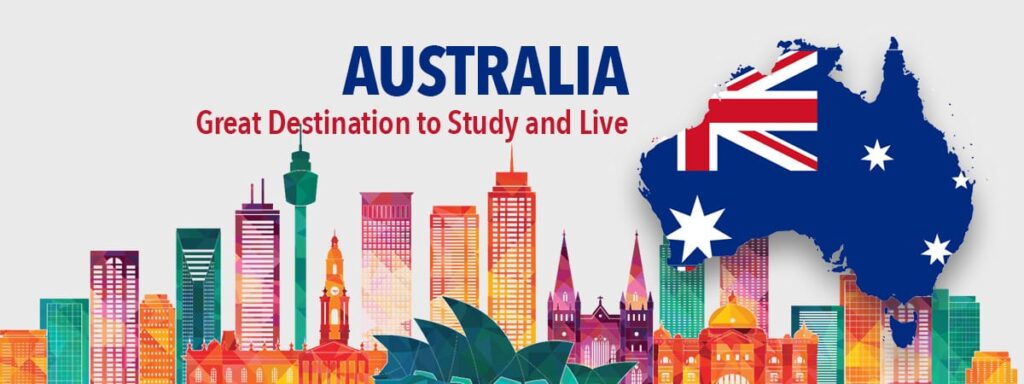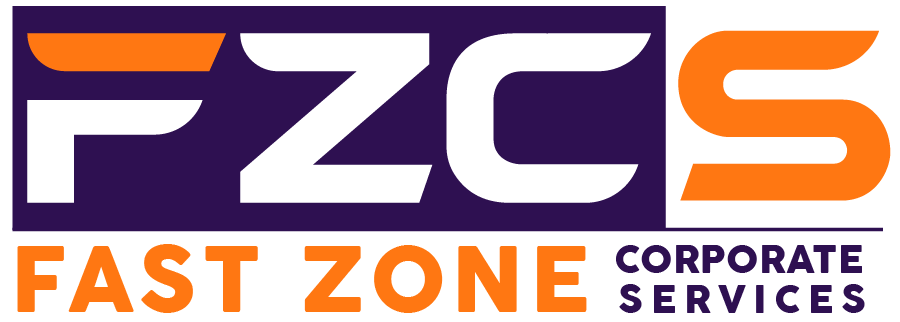About Study Visa
A study visa, also known as a student visa or a student permit, is a type of visa that allows individuals to travel to another country for the purpose of pursuing education at a recognized educational institution. Study visas typically grant permission for the holder to reside in the host country for the duration of their academic program.
Here are some key points about study visas:
- Purpose: Study visas are intended for individuals who wish to pursue academic or vocational studies in a foreign country. These studies may include undergraduate or graduate programs, language courses, vocational training, or other educational opportunities.
- Duration: Study visas are usually granted for the duration of the academic program or course of study. The validity of the visa may vary depending on the length of the program, and in some cases, study visas may be renewable for subsequent academic years.
- Eligibility: Eligibility for a study visa typically requires acceptance into a recognized educational institution in the host country. Applicants may also need to demonstrate proficiency in the language of instruction, provide evidence of financial means to support themselves during their studies, and meet any other requirements set forth by the immigration authorities of the host country.
- Application Process: The application process for a study visa varies depending on the country and the specific requirements of the educational institution. Generally, applicants are required to submit a visa application form, a letter of acceptance from the educational institution, proof of financial means, passport-sized photographs, and any other supporting documents as required by the host country’s immigration authorities.
- Financial Means: Applicants for study visas are typically required to demonstrate that they have sufficient financial means to cover tuition fees, living expenses, and other costs associated with their studies. This may involve providing bank statements, scholarship awards, or sponsorship letters as proof of financial support.
- Health Insurance: Many countries require study visa holders to have adequate health insurance coverage for the duration of their stay. Proof of health insurance may be a mandatory requirement for obtaining a study visa.
- Work Restrictions: Study visas may come with restrictions on the type and amount of work that the visa holder is allowed to undertake while studying. In some cases, study visa holders may be permitted to work part-time during their studies, but there are usually limits on the number of hours they can work per week.
- Dependents: Some study visas allow for the visa holder’s immediate family members (such as spouses and children) to accompany them to the host country. However, accompanying family members may need to apply for dependent visas separately.
- Compliance: Holders of study visas are typically required to comply with the visa conditions and regulations set forth by the host country’s immigration authorities. This may include maintaining full-time enrollment in an accredited educational program and adhering to any work restrictions or other visa conditions.

Additional Documents
In addition to the general requirements mentioned above, applicants for study visas may need to provide additional documents depending on the specific requirements of the host country and the educational institution. Here are some additional documents that may be required:
- Academic Transcripts: Official transcripts or academic records from previous educational institutions attended, demonstrating academic achievements and qualifications.
- Proof of Language Proficiency: If the language of instruction at the educational institution is different from the applicant’s native language, proof of language proficiency may be required. This could include language test scores such as TOEFL, IELTS, or other recognized language proficiency exams.
- Statement of Purpose: A written statement or essay explaining the applicant’s reasons for pursuing studies in the host country, academic and career goals, and how the chosen program aligns with their aspirations.
- Letters of Recommendation: Letters of recommendation from teachers, professors, or employers attesting to the applicant’s academic abilities, character, and suitability for the chosen program of study.
- Health Certificate: Some countries may require applicants to submit a health certificate or undergo a medical examination to ensure they are in good health and free from contagious diseases.
- Criminal Record Check: A police clearance certificate or criminal record check from the applicant’s home country or any other countries where they have resided, demonstrating good character and no criminal history.
- Proof of Accommodation: Evidence of accommodation arrangements in the host country, such as a rental agreement, dormitory reservation, or homestay arrangement.
- Proof of Funds for Dependents: If the applicant intends to bring dependents (such as a spouse or children) to the host country, additional proof of financial means to support the dependents may be required.
- Visa Application Fee: Payment of the visa application fee, which varies depending on the country and type of visa being applied for.
- Additional Documentation for Minors: If the applicant is a minor (under 18 years old), additional documentation such as parental consent forms or custody documents may be required.
- Travel Insurance: Proof of travel insurance coverage for the duration of the study period, providing coverage for medical emergencies, evacuation, and repatriation.
